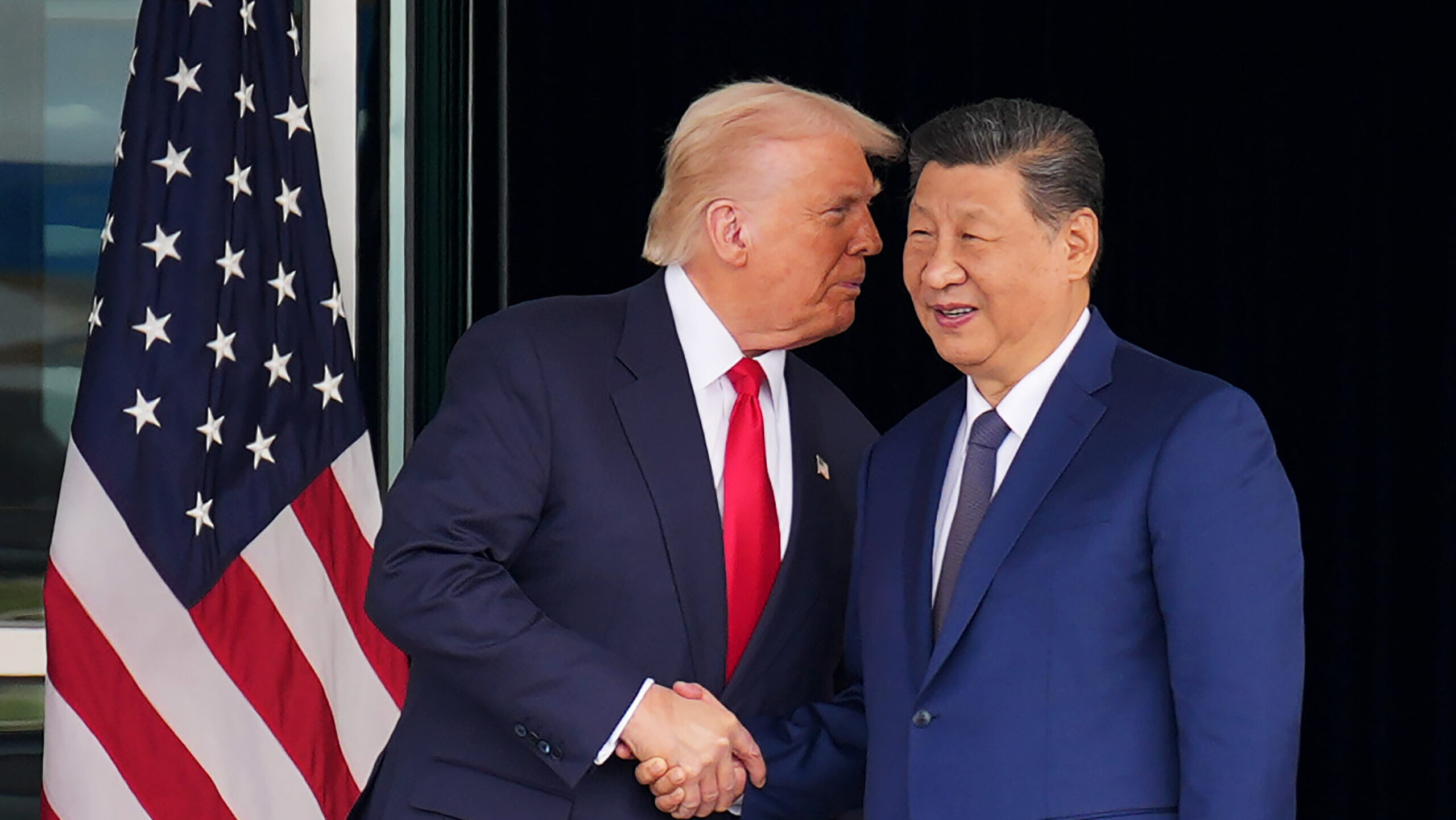Copyright Breaking Defense

The United States and China are locked in a contest to not only lead in AI, but to shape the global landscape for its development and use. The Trump administration has declared it wants America to “solidify our position as the global leader in AI” and in July released an AI Action Plan to implement that vision. That document predominantly focused on the private sector and largely sidestepped a critical battlefield for AI’s future: forging the norms for how it is used by militaries, from devising battle plans to guiding attack drones. The previous US administration focused intently on shaping global norms for military AI. In 2021, the Pentagon released guidelines for responsible AI in the military, and in 2023 updated its policy on autonomy in weapons. The State Department rallied more than 50 countries to join a landmark declaration on the military use of AI and autonomy. Those actions were largely nonpartisan and left a legacy that the Trump administration can carry forward to generate serious substantive benefits. How militaries use AI could have major ramifications for global security, and the United States stands to gain if it is at the forefront of shaping its use. Following the meeting in South Korea between US President Donald Trump and Chinese President Xi Jinping, this could be a moment when the US should step up and seize an advantage Washington can use to pressure Beijing. AI systems are capable of executing increasingly complex tasks. Countries are integrating AI into their militaries and deploying it on battlefields from Ukraine to Gaza to better process information and identify targets. The prospect of highly advanced AI systems — sometimes referred to as artificial general intelligence (AGI) or superintelligence — looms on the horizon. To shape how military AI is adopted globally, the Trump administration should take three broad steps: work with allies to improve interoperability, lead globally to set norms and standards, and work with China on areas of mutual interest. Trump has consistently pressed allies to contribute more on defense. To do so, allies will have to field military AI that is “interoperable” — military jargon for compatible — with America’s. Allied militaries in Japan, South Korea, Australia, and NATO are making major investments to do just that, but Washington should assist them by developing AI cooperatively and overhauling regulations that prevent technology sharing even with close allies. Areas of cooperation could include sharing AI models, writing common technical standards, implementing best practices on test and evaluation, harmonizing policies on AI in weapons, and jointly developing concepts of operation. Washington should also help allies improve their AI security. AI systems are vulnerable to hacking, spoofing, and manipulation. Trump’s AI Action Plan calls for military AI to be “secure and reliable,” and America has an interest in its allies doing the same. The United States should also drive diplomatic initiatives to shape global norms and standards for military AI. The State Department should build on the declaration on responsible use of military AI to share information about how to ensure AI-enabled weapons perform as designed. Accidents with military AI systems are not in anyone’s interests. Mishaps could cause grave harm to civilians, escalate crises, or sour the public on military AI, slowing adoption. By encouraging states to use AI responsibly and by sharing best practices for AI assurance, Washington can influence how militaries around the world adopt AI. But coming off the meeting with Xi, what is most relevant is that, while pursuing US military AI superiority, the Trump administration should still look for opportunities to work with China on mutual AI security risks. Beijing wants to discuss AI because China is present at the creation for the AI age in a way the country was not, diplomatically, for the United Nations’ early years or in designing Cold War nuclear arms control regimes. AI instead arrives with China as a risen superpower boasting technological capabilities second only to America’s. Diplomatic interactions following Trump’s meeting with Xi, leading up to Trump’s planned trip to China next April, offer a near-term opportunity. While both countries’ militaries are investing in AI to gain an advantage over the other, there are areas in which the two nations have common interests. Foremost is ensuring humans, not AI, make decisions about using nuclear weapons. Trump and Xi could work to broaden the earlier US-China agreement to maintain human control over nuclear weapons to include other nuclear powers. France and the United Kingdom have already issued similar statements. Trump and Xi could also task their governments to flesh out the details of implementation and verification. The United States has an opportunity to lead in global norms and standards for military AI at a critical moment, when the foundations laid today could shape how militaries use AI for decades. The United States seeks to be the prime mover for the emerging age of AI in military affairs. That won’t be possible unless Washington again picks up the baton in the race to set the rules. Jacob Stokes is senior fellow and deputy director of the Indo-Pacific Security Program at the Center for a New American Security (CNAS) and previously served as an advisor in the White House and Congress. Paul Scharre is the executive vice president at CNAS and the author of Four Battlegrounds: Power in the Age of Artificial Intelligence. Josh Wallin is a fellow at CNAS and formerly worked at the Pentagon on emerging technologies.



